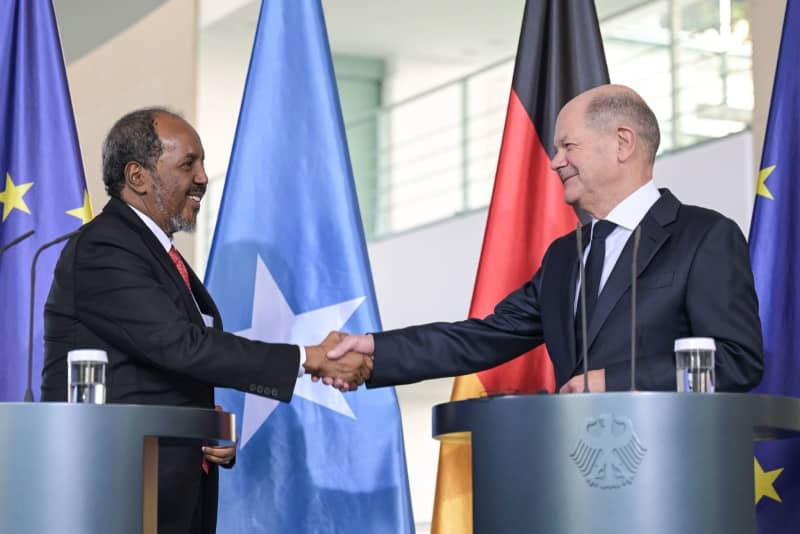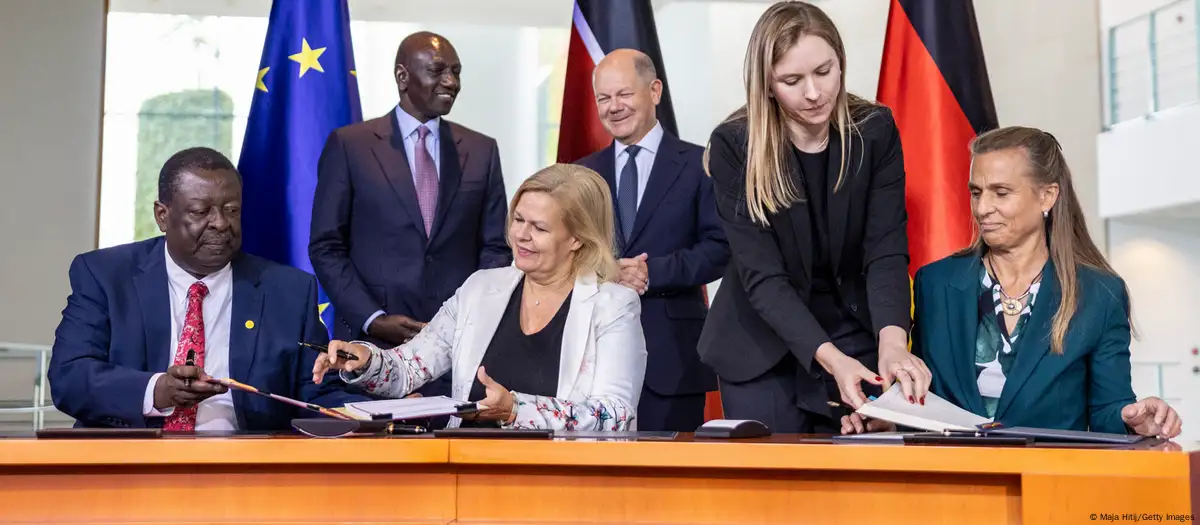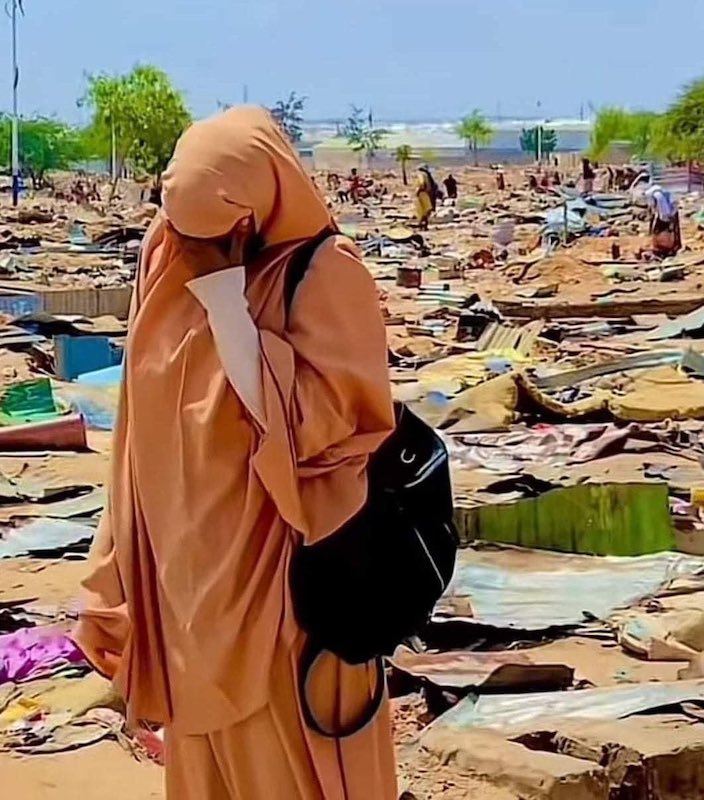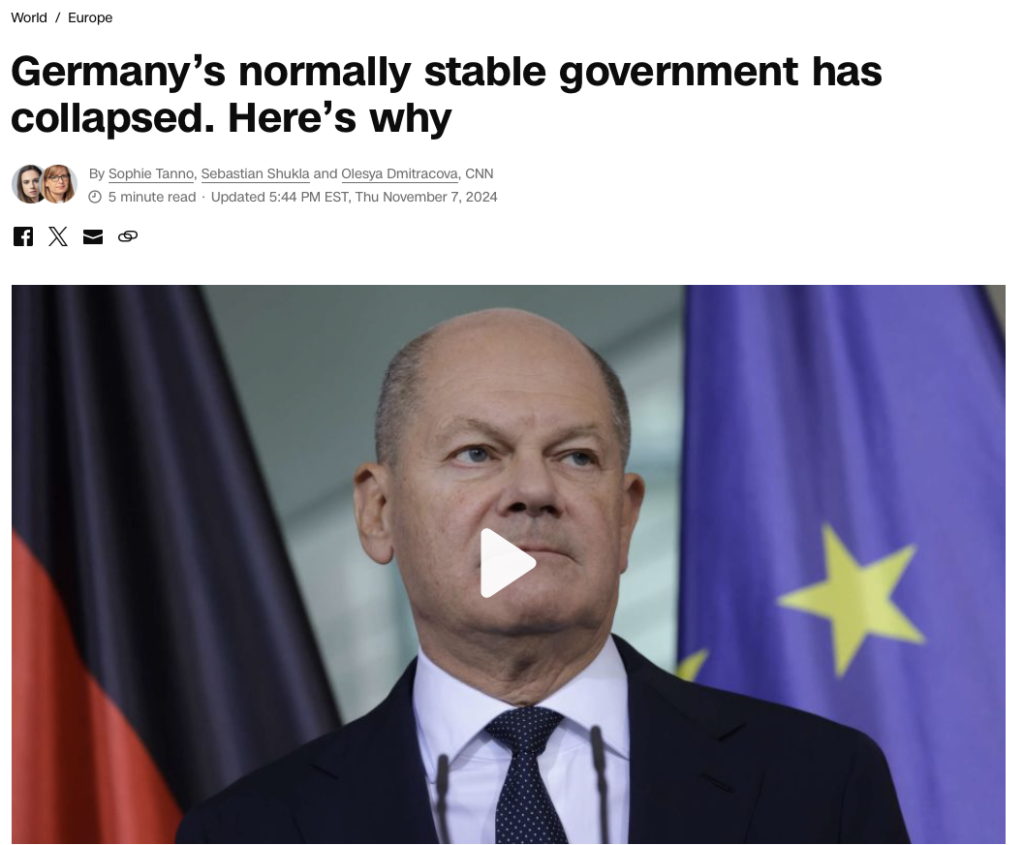

by
The President of the Federal Government of Somalia is demonstrating a shortsighted approach when compared to his peers, such as President William Ruto of Kenya. Earlier this year, President Ruto signed a forward-thinking migration deal with German Chancellor Olaf Scholz, securing pathways to job creation for Kenyan youth. Meanwhile, Somalia’s president appears more focused on policies that may jeopardize the already vulnerable Somali population forced to flee due to dire conditions he helped create. Just days ago, we saw the demolition of homes without plans to relocate those displaced to safe, livable conditions. Can we truly trust this administration to safely bring back its citizens when it can’t even provide stable living conditions for those within its borders?

If the government cannot create opportunities for its people, the least it can do is refrain from endangering those seeking better lives abroad. It’s evident that Germany, facing internal population declines, strategically shapes migration policies to fill its needs while filtering out those deemed undesirable. This is illustrated by Germany’s recent steps, such as the migration commissioner’s proposal to deport migrants arriving illegally via Belarus to Rwanda.
There is nothing inherently wrong with repatriating Somali citizens, but the question remains: does this government have the capacity or willingness to improve conditions? Europe is not the refuge it once was, and if life were truly better in Somalia, its citizens would willingly return. However, the harsh reality is that the current administration struggles to manage internal affairs, let alone facilitate a dignified return for its people.
Moreover, this entire situation ultimately revolves around the financial incentives Germany offers to manage its unwanted migrant population, predominantly from Muslim-majority countries. Ironically, it is the same Western policies that have contributed to conflicts and unlivable conditions that force people to flee their homes. Instead of engaging in appeasement for short-term gains, Somalia’s administration should leverage negotiations for investment in its natural resources, particularly oil.

Since the onset of the Ukraine war and the destruction of the Nord Stream pipeline, Germany has been purchasing oil at premium prices from other countries. It is in desperate need of energy. The Somali government should capitalize on this need, promoting investment in the country’s oil sector rather than behaving with an NGO mindset. Just recently, Volkswagen announced plans to close at least three factories in Germany and lay off tens of thousands of workers due to soaring energy costs.

Furthermore, the German government seems to be on the brink of collapse, with expectations for snap elections to be called. This instability should be a wake-up call for Somalia to act strategically and focus on long-term national interests.
The seriousness of such migration agreements cannot be understated. They hold the potential to set a precedent that other European countries might follow, tightening their policies and expanding deportation efforts. Once again, the question stands: Is Somalia ready to accept its citizens?
Share this post:
Leave a Reply